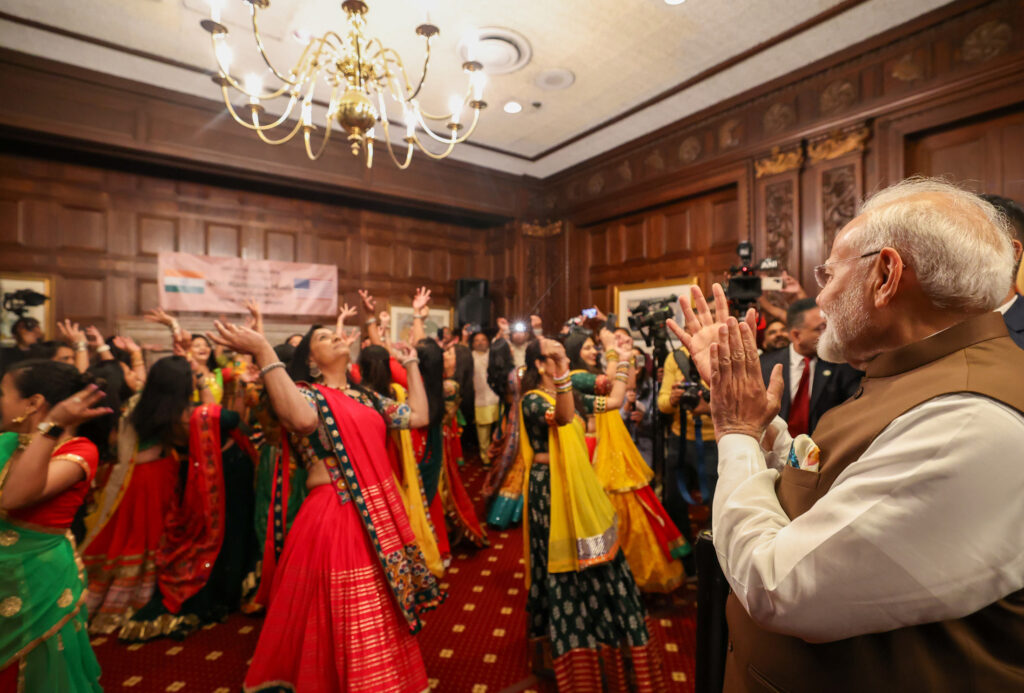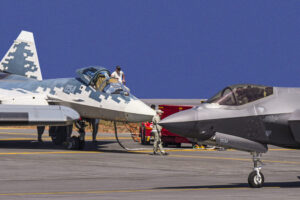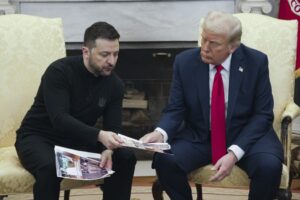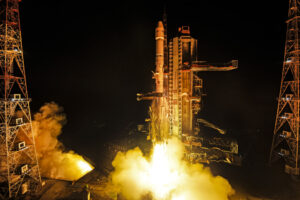
Modi’s deft use of the Indian diaspora to project soft power acts like a force multiplier of hard-edged diplomacy, particularly when dealing with countries like China and Pakistan at international summits
Diplomatic gestures alone failed to achieve peace. The Narendra Modi government understood the need for military strength, and India’s responses, including halting bilateral talks and
carrying out surgical strikes, sent the right signals
The political scientist, Joseph S. Nye, once said, “Cultural festivals are the new roundtables of international diplomacy where the currency is not power but participation; not politics but shared experiences.” Think about —in today’s world, sometimes a shared meal or a dance performance can do more for international relations than hours of formal meetings. India finds itself at an interesting crossroads. As India prepared to participate in the SCO Summit in Pakistan this October and the G20 Summit later in November, the country faces a unique challenge. How do you balance being the land of vibrant festivals and warm hospitality with the need to stand firmly against security threats?
For years, Pakistan has antagonised India, primarily through its support of cross border terrorism. Diplomatic gestures alone failed to achieve peace. The Narendra Modi government understood the need for military strength, and India’s responses, including halting bilateral talks and carrying out surgical strikes, sent the right signals. During the festive season that is marked by Dussehra and Diwali, the symbolism is fitting. Dussehra marks the triumph of good over evil, and Diwali celebrates the victory of light over darkness. Lord Ram, after countless
emissaries like Hanuman and Angad failed to convince Ravana, acted decisively to wrest victory. Similarly, after years of patience and diplomatic efforts, the Modi government moved decisively, conducting military strikes in 2016 (surgical strikes) and 2019 (Balakot strikes), forcing Pakistan into a defensive stance. At the SCO Summit, External Affairs Minister S. Jaishankar’s decision to attend without engaging in bilateral talks with Pakistan continues this strategy. It underscores India’s refusal to engage with a country that uses terrorism as a weapon of statecraft against India. Instead, India is using international platforms like the SCO to project its strength and reinforce its commitment to security. This isn’t disengagement; it’s a clear message that cross border terrorism is a nonnegotiable issue. At the same time, India continues to engage globally through its cultural diplomacy, but now with a firm belief of hard power. India’s assertiveness on the hard power front has been evident in its dealings with China. First, during the 2017 Doklam stand-off, India held its ground and prevented China from constructing a road that would have brought the People’s Liberation Army (PLA) closer to the Siliguri Corridor, a strategically vital region for
India. Then, in the 2020 Galwan Valley clash, Indian soldiers, despite the loss of lives, gave a fitting reply to Chinese aggression, inflicting heavy casualties on the PLA—as reported by some international publications. The most striking military manoeuvre came in August 2020 when Indian troops surprised the PLA by taking control of the heights of Rezang La and Rechin La, straddling the Kailash range. Despite valid fears of this move escalating into a full-blown conflict, India’s bold action prevented China from unilaterally altering the status quo at the Line of Actual Control (LAC). Just as the PLA attempted to enforce its 1959 boundary claim near Finger 4 in Ladakh, India countered by securing strategic positions on the Kailash range, aligning with its own perception of the LAC. This demonstrated that India would not be intimidated by military posturing and that its hard power would serve as a critical back-up to its diplomatic and cultural engagements. As Nye pointed out, “Festivals have become diplomatic missions without credentials, ambassadors without portfolios.” The Indian diaspora, spread across the globe, plays a vital role in carrying forward this diplomacy. From Silicon Valley to academia, the diaspora strengthens India’s global image and forges connections that go beyond state-sponsored diplomacy. The dual approach balancing soft and hard power—has allowed the Modi government to ele
vate India’s global standing. By demonstrating military strength when necessary while valuing cultural exchanges, India ensures that its soft power is taken seriously. The Indian diaspora remains the true ambassador of India’s soft power. With millions of Indians living and working abroad, they’ve become cultural bridges, sharing Indian values, traditions, and achievements. The contributions of Indian origin professionals across industries have bolstered India’s reputation as a hub of innovation and talent. India’s cultural outreach, be it through its diaspora or through its vibrant festivals, gains even more significance because the world sees India as a rising power—not just economically but militarily too. This perception of strength underpins its cultural influence, making India’s soft power all the more potent. The blend of soft and hard power is the key to India’s growing global success. As our centuries-old festivals teach us, we must never be cowed down by injustice but stand firm in the face of adversity. The phrase ‘hante kau haniyein paapu dosh na giniyein’ (strike down evil, but do not count the faults or sins) reminds us of the timeless wisdom of acting decisively without fear. This balance, reflected in India’s dealings with Pakistan and its leadership at global summits, ensures that India’s voice resonates strongly on the world stage, without compromising its security.
The Indian diaspora
remains the true
ambassador of India’s
soft power. With
millions of Indians
living and working
abroad, they’ve
become cultural
bridges, sharing Indian
values, traditions, and
achievements

Cultural engagement with the Indian diaspora has become one of the key themes of Modi’s foreign tours





Add Comment